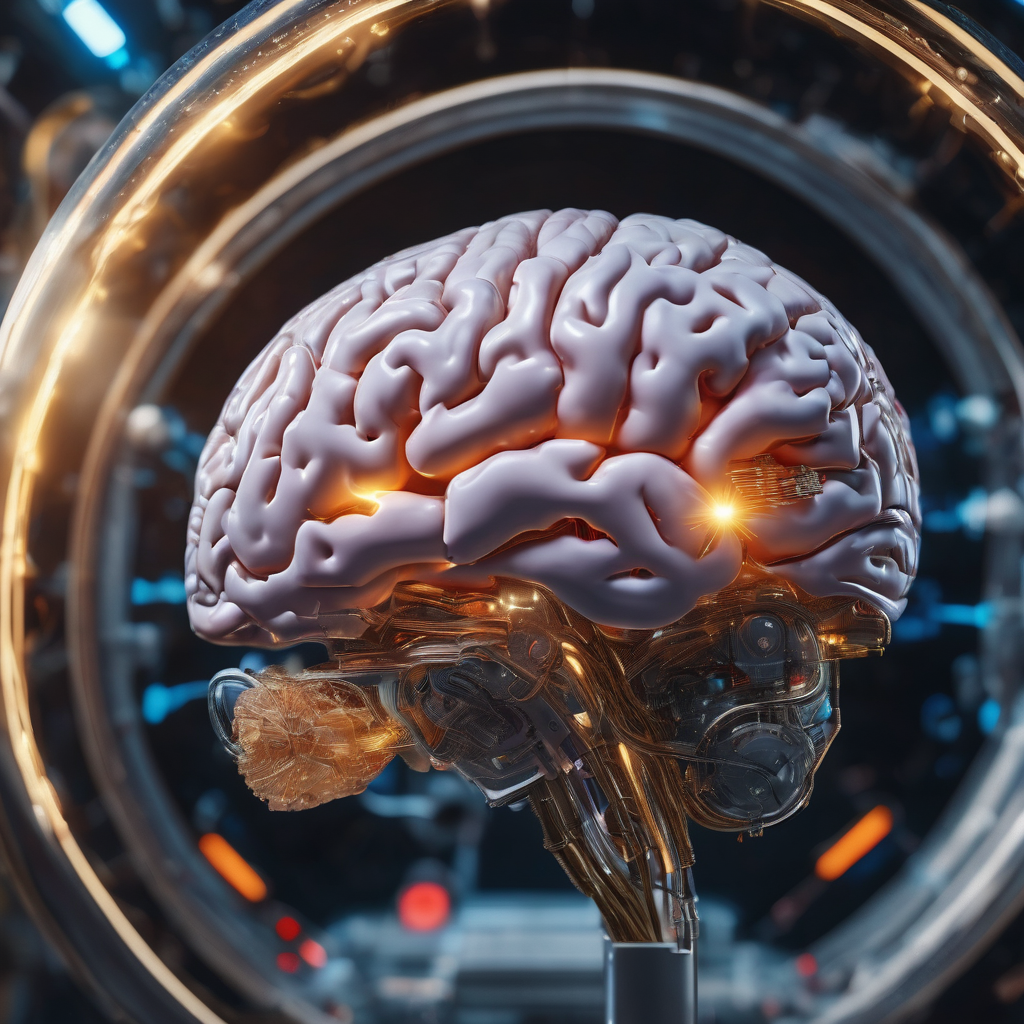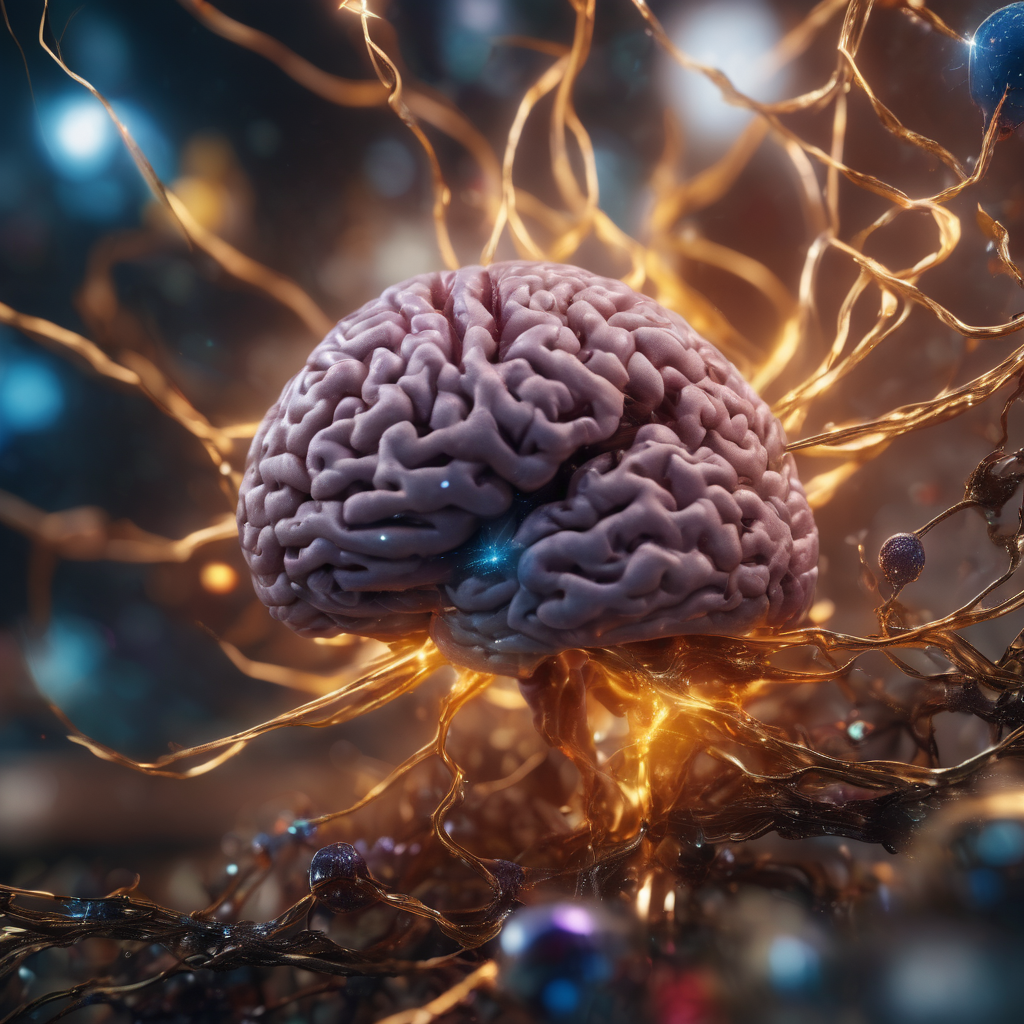Food for Thought Series: Part 3
By Katrina Manaloto, Siri Tantry, Ananya Chawla
Food systems and the gut-brain axis
Food systems provide us with the basis of our gut microbiome: food! Therefore, functional and equitable food systems are crucial to achieving good nutrition and neurological function.
On a large scale, US agricultural practices and chemical policies are the first lines of defense to ensure proper nutrition. Studies have shown that low-level exposure to pesticides can disrupt communication between the gut and brain, leading to behavioral impairments. While pesticides are not necessarily avoidable in large-scale agriculture, the US alarmingly continues to use pesticides that have been banned or phased out in other countries. In addition, certain food manufacturing that uses chemical methods affects nutrition, too. Hence, ultra-processed foods can lead to inflammation and changes in the gut microbiome, which in turn may induce changes to brain function. To safeguard our health, the US must carefully examine current policies and adapt them to accommodate the growing knowledge we have about the gut-brain axis.
Aside from cultivation, another key component of food systems is accessibility. Globally, food insecurity (e.g. food deserts) is on the rise; the United Nations reported that 1 in 3 people didn’t have access to enough food in 2020. In the US, low-income communities that utilize government assistance programs like the Supplemental Nutrition Assistance Program (SNAP) are correlated with higher intakes of highly processed foods. As such, the deleterious effects on mental health and mood that come from improper nutrition may disproportionately damage low-income communities, which are often communities of color. Clearly, we cannot talk about the gut-brain axis without discussing food injustice. Since equitable access to healthy food may translate to equitable access to healthy bodies and minds, we have a responsibility to intervene and especially focus on these neglected populations. Solutions to healing your gut and your brain should be accessible to all!
Strategies and solutions for optimal gut and brain health
There are plenty of natural solutions that may aid in healing your gut. There is incredible diversity from person to person, but consuming more probiotics, naturally fermented foods, and prebiotic fibers seems to be a good place to start showing your gut some love.
Probiotics may directly affect the internal microbiota by suppressing the growth of other microorganisms and increasing intestinal immunity, as well as indirectly altering the expression of microbial enzymes. While an off-balanced microbiome may contribute to a dysregulated immune response, certain probiotics have shown to transform the microbiome and reduce negative autoimmune responses. Probiotics/fermented foods have also been shown to alleviate symptoms of depression and anxiety and regulate emotional responses in the brain!
Here is a list of probiotic-containing foods available in your local grocery store:
- Kefir
- Kombucha
- Kimchi
- Miso
- Sauerkraut
In lieu of probiotics or as an aid to them, prebiotics can also alter the community of bacteria in the gastrointestinal tract. When working alongside probiotics, prebiotics create a synergistic effect, and their combination is called a synbiotic. The prebiotic can act as a support system for the probiotic to flourish.
Here is a list of prebiotic-containing foods available in your local grocery store:
- Asparagus
- Artichokes
- Bananas
- Chicory
- Garlic
- Onions
- Whole grains
Other than probiotics and prebiotics, adding more fiber to your diet in the form of legumes, fruits, and vegetables can improve your gut health, especially when accompanied by foods with high polyphenols. Polyphenols are micronutrients with antioxidant and antinflammatory effects that can be found in vegetables, tea, wine (in moderation), and fruits. Some of the top foods and drinks with high polyphenol content include berries (blue, black, red), coffee, tea, cloves, and almonds. If you’re curious about more options to eat to improve your gut health, here are the top 10 best foods/drinks to consume!
Aside from eating a nutritionally varied diet, sleeping well and managing stress levels are crucial to maintaining stability in the gut. Stressors in the form of altitude shifts, heat, environmental pollutants, dehydration, sleep deprivation, or intense noise, all change the composition of the gut microbiota. As the body adapts to these stressors, certain bacterial communities survive while others struggle, ultimately affecting the GI tract. To reduce your risk of having gastrointestinal infections and negative neurological effects caused by imbalanced gut microbiota, mitigation strategies and preventative measures like diversifying your diet, sleeping 8+ hours a day, and drinking more water are crucial to a healthy gut-brain axis.
Summary
Overall, these are the 3 key ingredients for optimizing your gut and brain health:
- Improve your dietary and sleep habits
- Reduce stress levels to the best of your ability
- Stay hydrated throughout the day
While these recommended lifestyle choices may seem small or insignificant, implementing them can have a drastically positive impact on our overall health (both mental and physical).
If you’re struggling to get started, feel free to take on this challenge: add one gut-healthy food to each of your meals for the day. You can start small with any of the items listed previously and take note of any changes you might feel. With the provided template below, plan out your meals for the week and how you want to incorporate one gut-friendly food to stay on track!
Conclusion
What gut-friendly food are you looking forward to incorporating in your diet? Share your answer here. And come back soon for another thought-provoking topic!




